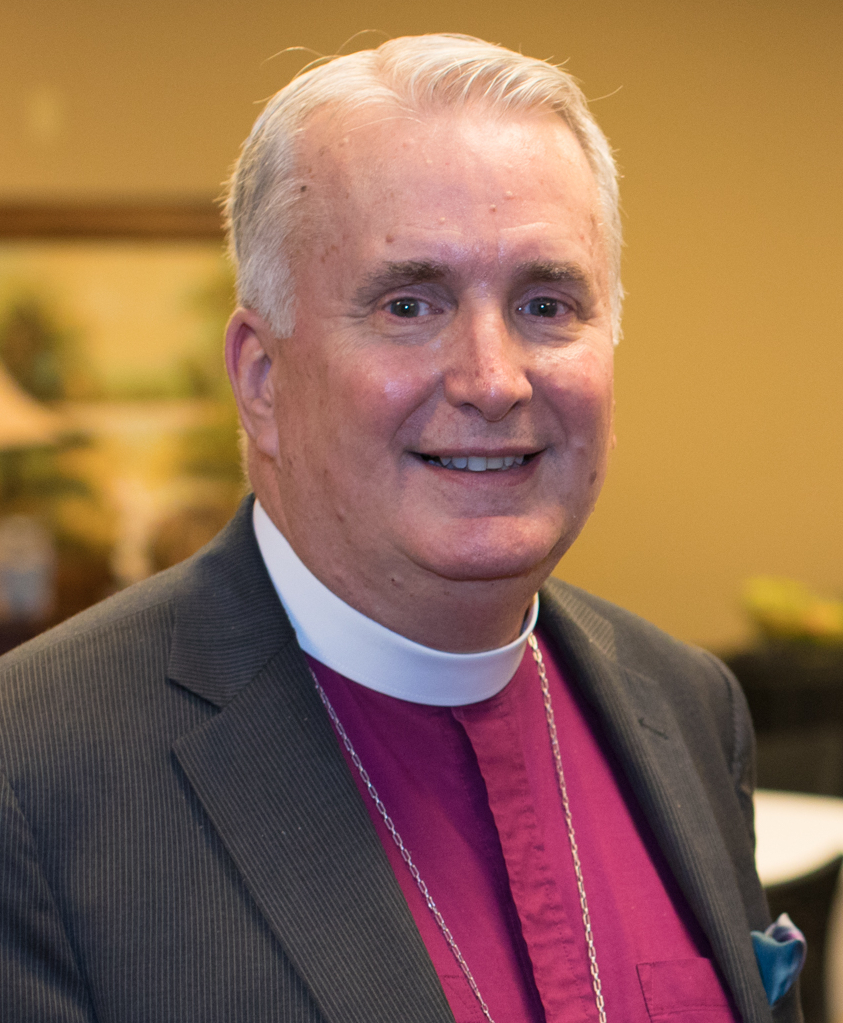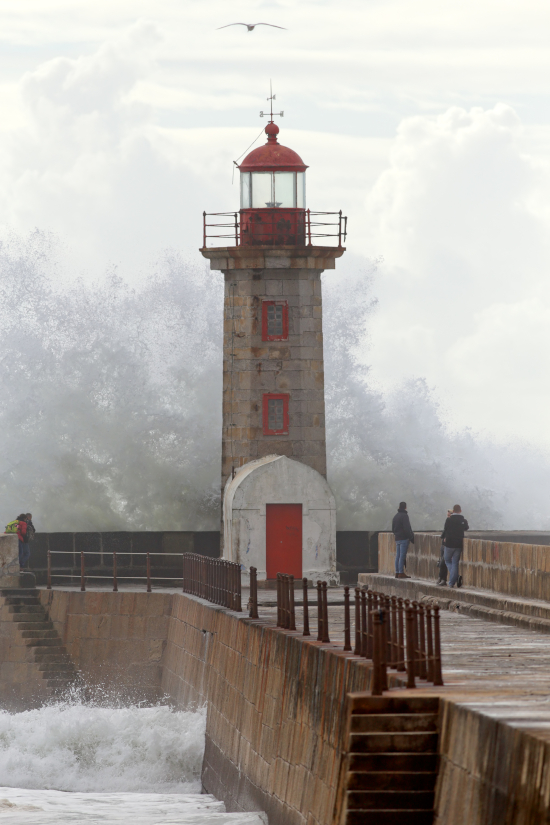Third Sunday After Epiphany
Sunday, January 26, 2020
Lectionary A
Isaiah 9:1-4
1 Corinthians 1:10-18
Matthew 4:12-23
Psalm 27:1, 5-13
We live in a crazy world right now—not only what’s happening in the United States, but across the world. And when we read in Scripture about wars, famine, pestilence and earthquakes (see Luke 21:5-19) the stories really could sound like front-page headlines. It’s almost like a checklist, where you could say, “Yes, that’s going on,” “Yes, that’s going on” and “That is, too.”
Long-Promised Protection
Quite frankly, most people respond to what they see on the news with fear. And in that fear, the reactions are either to watch the news as much as possible so that there’s some sort of mastery, or to turn it off and not pay attention at all.
So how odd it is, amidst this tumult, to hear the words of the psalmist: “The Lord is my light and my salvation: whom then shall I fear? The Lord is the strength of my life: of whom then shall I be afraid?”… For in the day of trouble he shall keep me safe in his shelter; he shall hide me in the secrecy of his dwelling and set me high upon a rock” (Ps. 27:1, 7).
This helps us have a bit more understanding about how the two sets of brothers – Simon Peter and Andrew, James and John – could drop their nets, give up their long-time vocation as fishermen and answer Jesus’ call to “Follow me, and I will make you fishers for people” (Matt. 4:19). They had both the immediacy of Jesus’ presence and, even without yet recognizing him as Messiah, the long-held promise of the Father’s care and protection.
Present-Day Reality
As modern-day disciples, we do believe in God’s presence and protection. But we also hear the stories, especially of persecuted Christians. Our church is a global one. So that means, we have, in our own communion, sisters and brothers in Jesus, in other parts of the world especially, who are suffering for their faith. These are believers who have experienced the confiscation of their property, who have been marginalized and mistreated. They’ve endured prejudicial speech and actions, and some have even lost their lives.
This is not just “out there somewhere.” This affects people we know, people with whom we share a common faith. And my experience is, the more I get involved in this global Anglican Communion, the more, when I hear these Scriptures, I see faces. I think of families I know and people who, firsthand, have experienced the kind of marginalization, derision or loss of financial income. They had to flee the country because they were immigrants, or their property was confiscated because they were Christians, and some have lost relatives to martyrdom. This is a present-day reality.
So following Christ doesn’t always mean we get to escape difficulty. I like to say that confirmation comes with three things: a prayer of protection of your head; the sign of the cross on your forehead in oil, which is the Holy Spirit; and a slap. The slap serves as a reminder that the commitment to serve Jesus means you could end up in difficulty. Not because you’re a cranky person, not because sometimes bad things happen, because they do—that’s a part of what it means to live in a broken, fallen world.
But sometimes, genuine opposition occurs because of your commitment to Jesus Christ. That’s what the slap means. It’s a commitment being made alongside confirmation, a commitment to serve Jesus even when it gets difficult.
Future Deliverance
Confirmation is not for whiners. And neither is the Christian life. In fact, the Scriptures lay out a choice. On the one hand, a commitment to follow Jesus and the extraordinary promises that accompany it: God working in us endurance, his being with us every step of the way, the companionship of his presence and the future deliverance that results in a new heaven and a new earth. It results in the promises in Isaiah, where “in the latter time he will make glorious the way of the sea, the land beyond the Jordan, Galilee of the nations. The people who walked in darkness have seen a great light; those who lived in a land of deep darkness – on them light has shined” (Isa. 9:1b-2).
 My hope in Christ is that when my body dies, I will stand in the presence of the Lord, and I will be in that place where there is no pain, where there is no grief, where God wipes away every tear in every eye. And if it was sickness that brought me to the shadow of death, I will say to sickness, “No you don’t. You can’t come with me,” and I will be taken into the presence of God. Sickness and death will be no more.
My hope in Christ is that when my body dies, I will stand in the presence of the Lord, and I will be in that place where there is no pain, where there is no grief, where God wipes away every tear in every eye. And if it was sickness that brought me to the shadow of death, I will say to sickness, “No you don’t. You can’t come with me,” and I will be taken into the presence of God. Sickness and death will be no more.
(This post is an adaption of Bishop Brewer’s sermon on Nov. 13, 2016, at Church of the Messiah in Winter Garden, Florida.)
The Rt. Rev. Gregory O. Brewer is bishop of the Episcopal Diocese of Central Florida.

